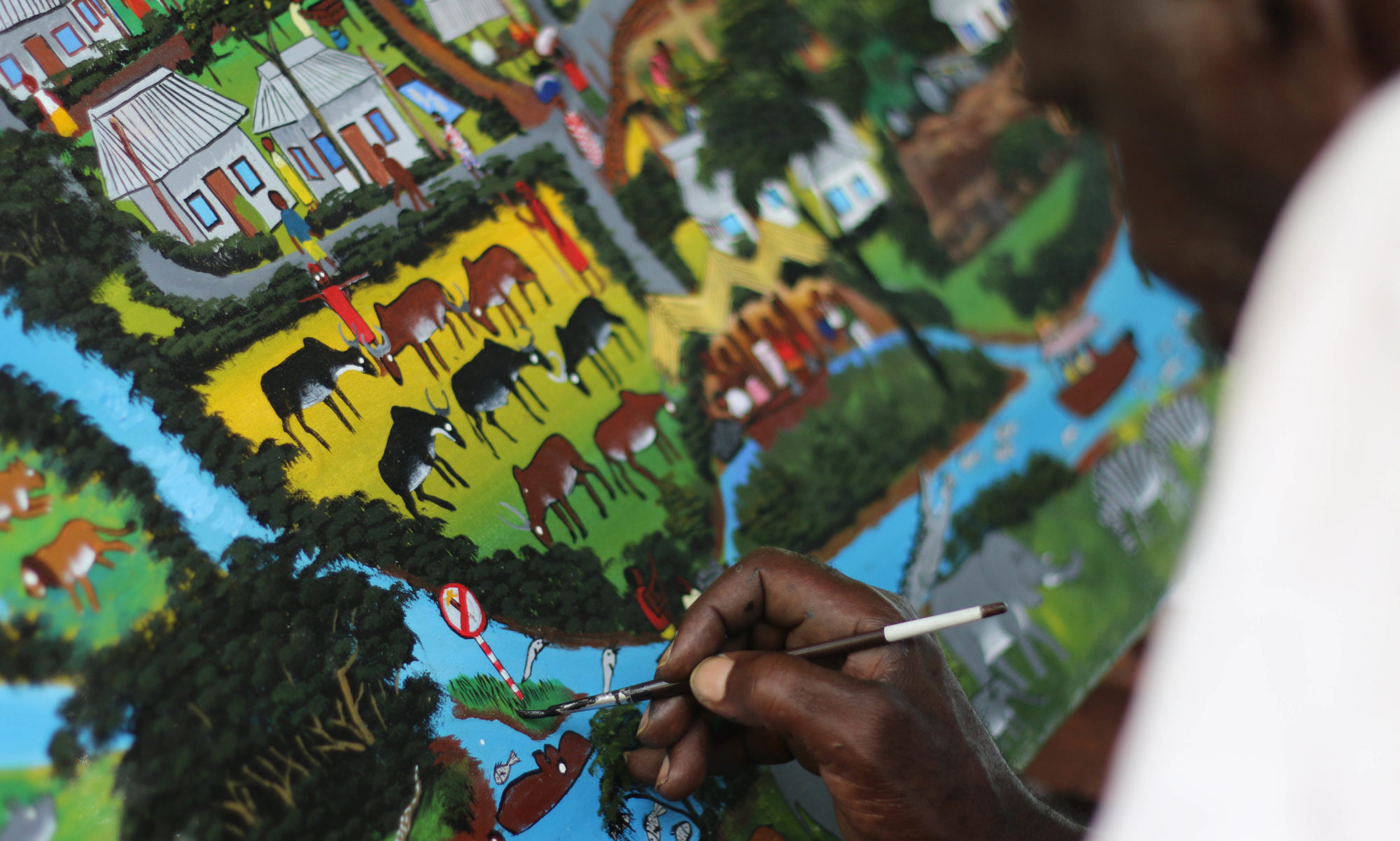In “Climate vulnerability of agroecological and conventional smallholders in Mvomero district, Tanzania: using mixed-methods to uncover local experiences and motivations of farming for the future“, me and my SUA colleagues Respikius Martin and Kenneth Mapunda explore if smallholder farmers in Tanzania perceive themselves as less or more vulnerable to a changing climate, especially in relation to changing rainfall patterns. The study is a comparison between agroecological and conventional smallholders, and build on a mixed methods approach that integrates a survey with rainfall data and focus group discussions.
The paper also helps clarify how agroecological and conventional smallholders describe themselves as different from each other in terms of farming practices, social and environmental goals and values. A core message is that the main difference between the farmers in the context of Mvomero District is in the use of botanicals (organic pesticides derived from local plants) and synthetic agrochemicals. They also emphasized the difficulties of practicing agroecology at scale, mainly in relation to the production and use of botanicals
In relation to social and environmental values, an agroecological farmer in Msongozi emphasized the importance of agroecological networks by saying that “farmers practicing agroecology are better off because they work in groups and see each other as brothers and sisters. Through these groups we share experiences of different agroecology practices – therefore, we are constantly learning and we help each other during the dry season.,” the farmer continued by explaining “conventional farmers may also form groups, but in my view bonds in agroecological groups are stronger than those in conventional farmers’ groups, because those who practice agroecology are motivated by other factors than income – conserving the environment, and delivering safe and quality food. Therefore, we see each other as brothers and sisters who aim at serving the current and future generation.”
